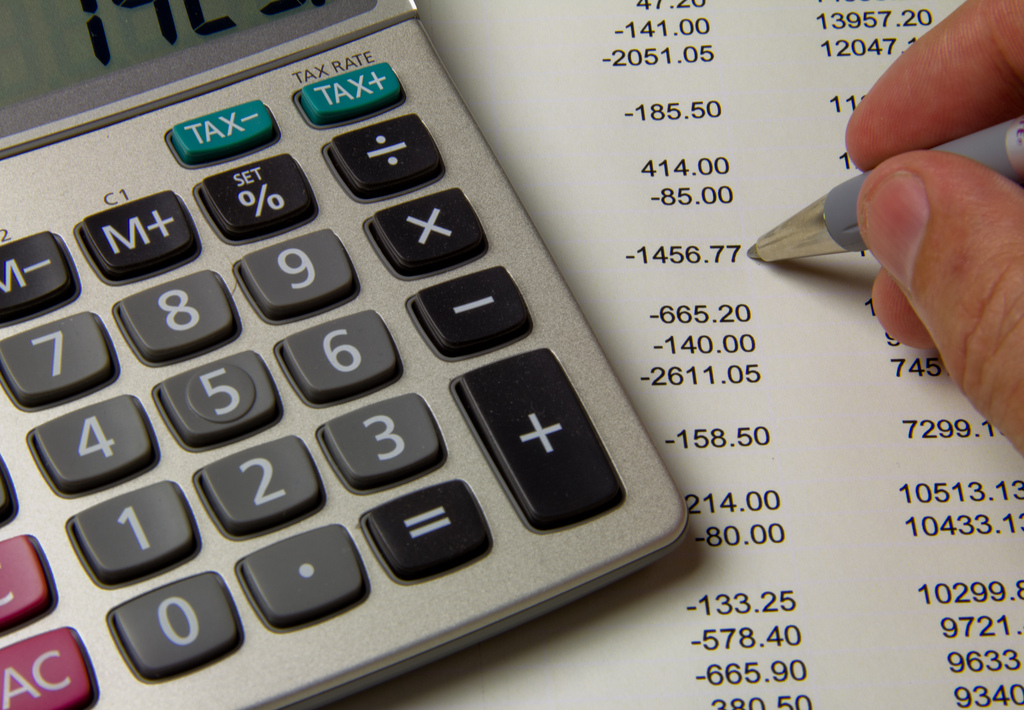If you own a start-up or a small business, you’ll also need a business bank account. As the point from which all of your financial transactions will take place, it’s essential for managing company finances. Furthermore, the account you choose can be crucial to the success of your business: choose the right one and your business could flourish, but opt for the wrong choice and it could be a disaster.
To make sure that you choose the right sort for your business, here are some things to consider when picking a business bank account.
Should You Choose High Street?
While a handful of the largest UK banks hold the majority of customers, don’t forget that there are now a lot of other options out there. Although choosing a long established high street bank can give you a sense of security, online banks are growing all the time and may be able to provide benefits that their traditional competitors can’t match.
So, rather than only browsing street banks, research online banks and business accounts, to find the deal that’s right for your company.
How Much do They Charge?
It may come as a surprise, but unlike your personal current account, business accounts typically carry charges. While introductory periods often waiver fees, most business accounts have fees for transactions and some may also carry monthly or quarterly standing charges.
The type of account you pick should reflect the way you conduct your business. Usually, online banking transactions do not carry charges, so if you tend to do all of your banking through an app, an account with transaction fees and no standing charge could be the way to go. But, if you process everything via cash or cheque, a standing charge account could be cheaper.
What are Their Facilities?
As well as basic functions, such as paying in or withdrawing money, your business account may come with a host of additional facilities. Even if you don’t need those extra services right now, they may come in handy as your business grows. Some of these facilities may include:
- Company debit and/or credit cards
- Short-term lending in the form of factoring and invoice discounting
- Long-term borrowing, such as overdrafts and business loans
- Commercial mortgages to assist with buying business premises
- A personal financial manager who can offer business advice and support
- Foreign currency facilities
When choosing an account, it’s important to remember that all banks are different and no two business accounts are the same. To make sure you choose right, research fees and facilities.


